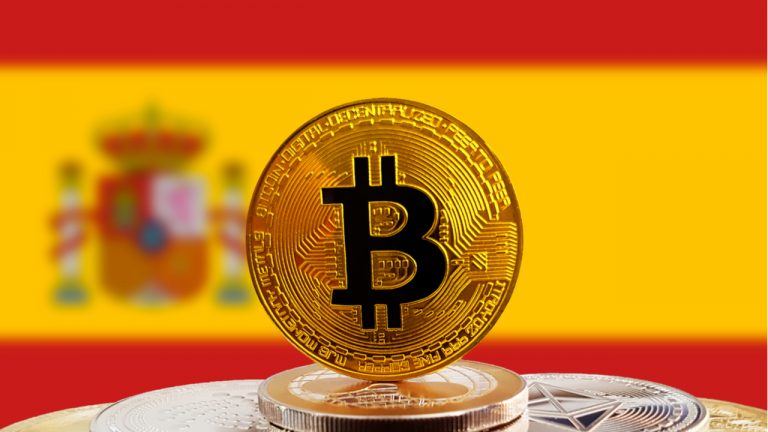Spain Based Custodial Services to Report Ownership of Crypto Assets, According to New Law Draft


A new law draft approved just today by the Finance Commission of the Spanish Congress would make Spain-based custody services report the ownership of the cryptocurrencies under management. The law, which was stuck in Congress for some time, aims to close a gap in the legislation that allowed some users to bypass the requirements and avoid paying taxes in the process.
Spain Based Custody Services Would Have to Report Ownership of Assets
Third-Party custodial services based in Spain would have to report the holdings of its customers, as well as all the operations made with them, according to a new law draft approved on Wednesday by the Finance Commission of the Spanish Congress. The law, titled “Prevention and fight against tax fraud,” would make mandatory the report of any cryptocurrency funds in these institutions, and also includes individuals or institutions related to initial coin offerings in the mix.
Until now, these institutions didn’t have to report any of their activities to the tax authorities, and the responsibility of doing this went to the actual owners of cryptocurrency. The current law makes it mandatory for users to report holdings of more than 50,000 euros in cryptocurrency, as well as all of the earnings coming from the trading of these.
Also, the law includes cryptocurrency exchanges in this area, so all Spain-based cryptocurrency exchanges would have to also report the identity of their customers and the operations of each one of them to the tax authorities. The law draft, which was approved with 21 votes for it and 14 against it, now will go to the Senate to be approved or tossed.
But the changes don’t only go to regulate cryptocurrencies. The tax authority also is establishing new limits on the amount that Spain residents can obtain as payments in cash, lowering it to 1,000 euros for entrepreneurs and professionals, and to 2,500 euros for others.
if (!window.GrowJs) { (function () { var s = document.createElement(‘script’); s.async = true; s.type = ‘text/javascript’; s.src = ‘https://bitcoinads.growadvertising.com/adserve/app’; var n = document.getElementsByTagName(“script”)[0]; n.parentNode.insertBefore(s, n); }()); } var GrowJs = GrowJs || {}; GrowJs.ads = GrowJs.ads || []; GrowJs.ads.push({ node: document.currentScript.parentElement, handler: function (node) { var banner = GrowJs.createBanner(node, 31, [300, 250], null, []); GrowJs.showBanner(banner.index); } });
Tough Stance on Crypto
This is another new rule that comes to compliment the already tough stance that the Spanish governments and its lawmakers have applied for cryptocurrency-related matters. Earlier this month, the Spanish government also signed a royal decree that mandated exchanges and crypto custody firms to establish a report of all of their cryptocurrency transactions to share its data with the European Union bloc of countries. This decree also includes making reports of any “suspicious” transactions to the authorities.
What do you think about the law draft approved in Spain? Tell us in the comments section below.